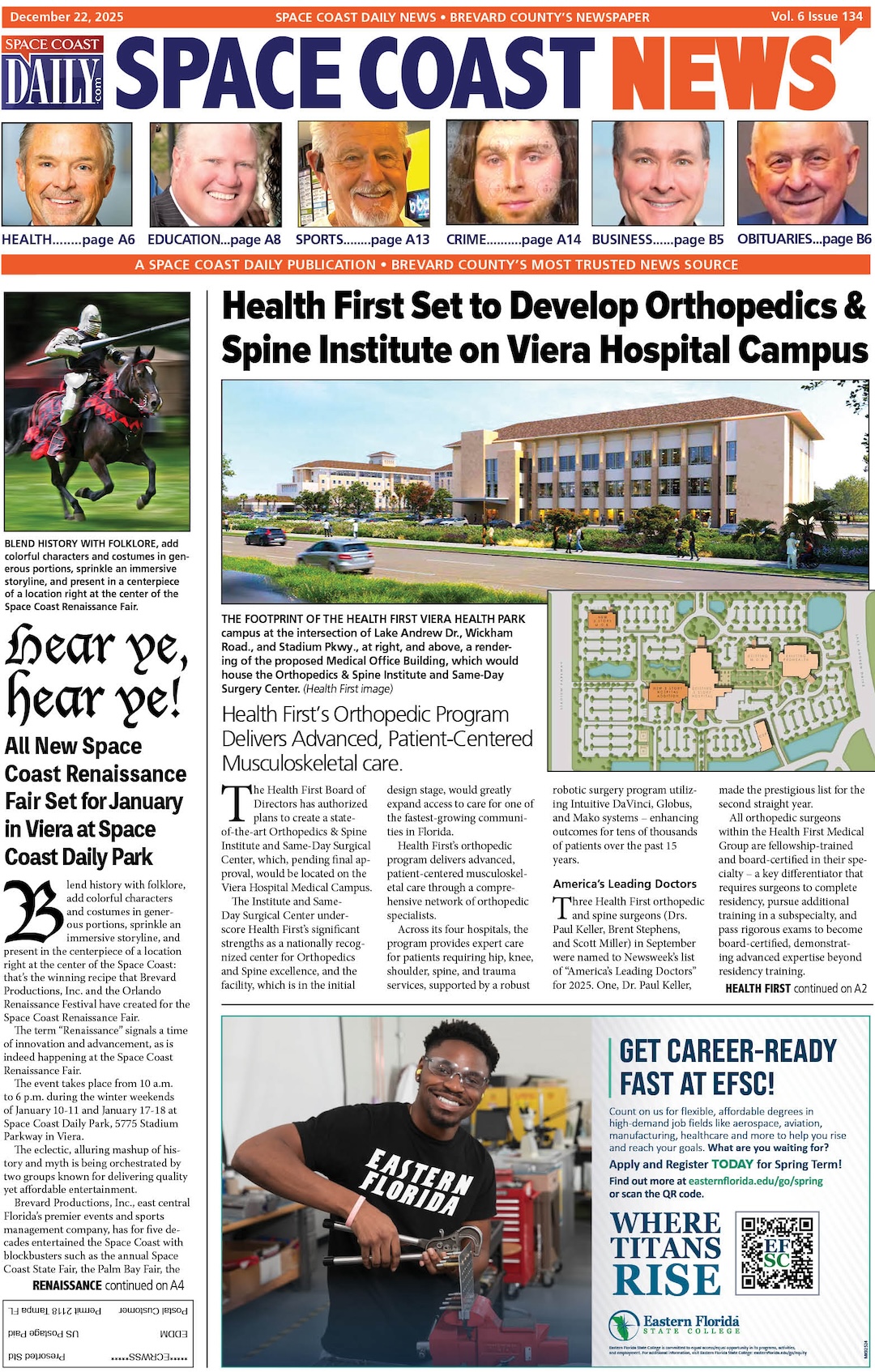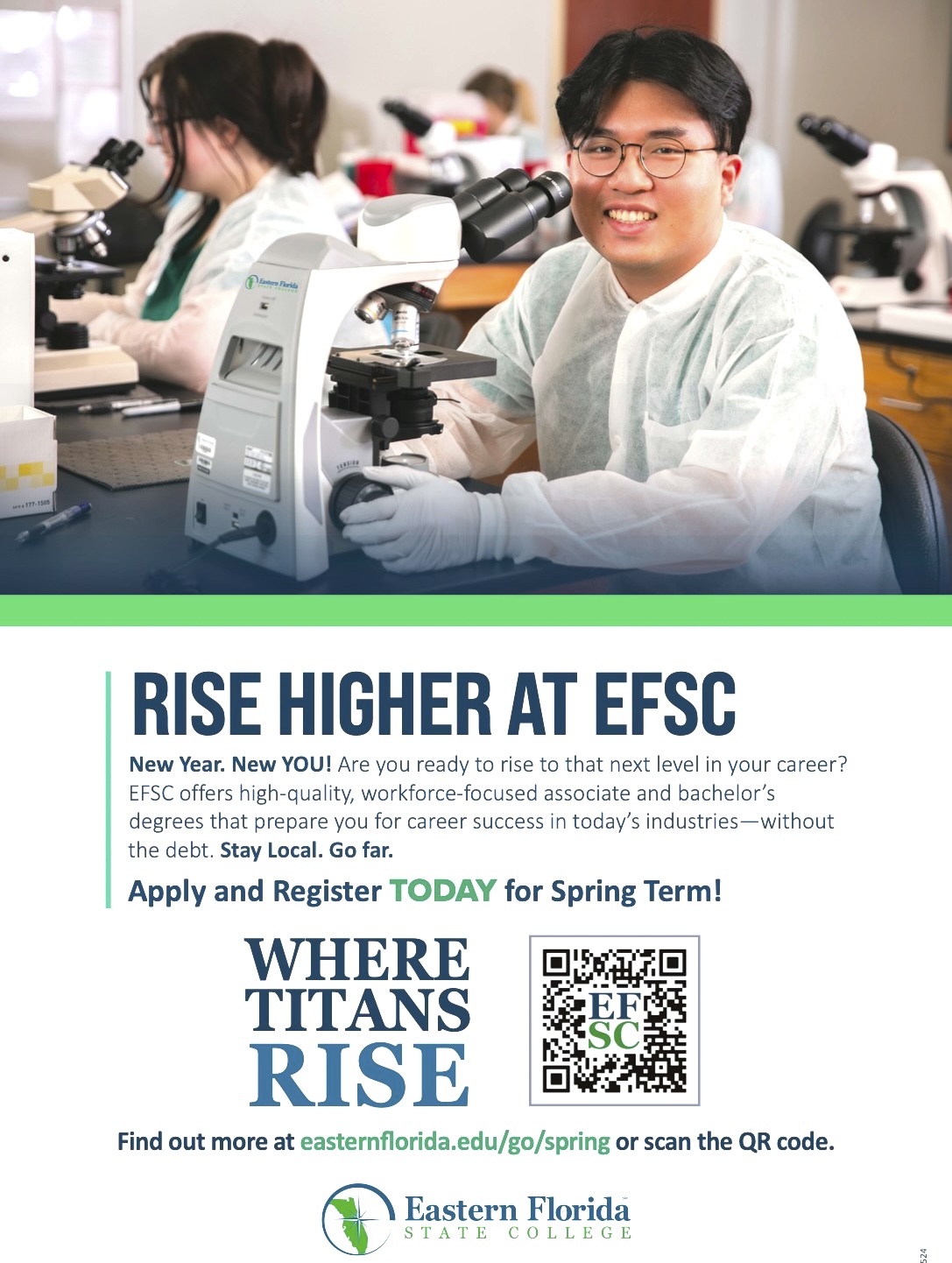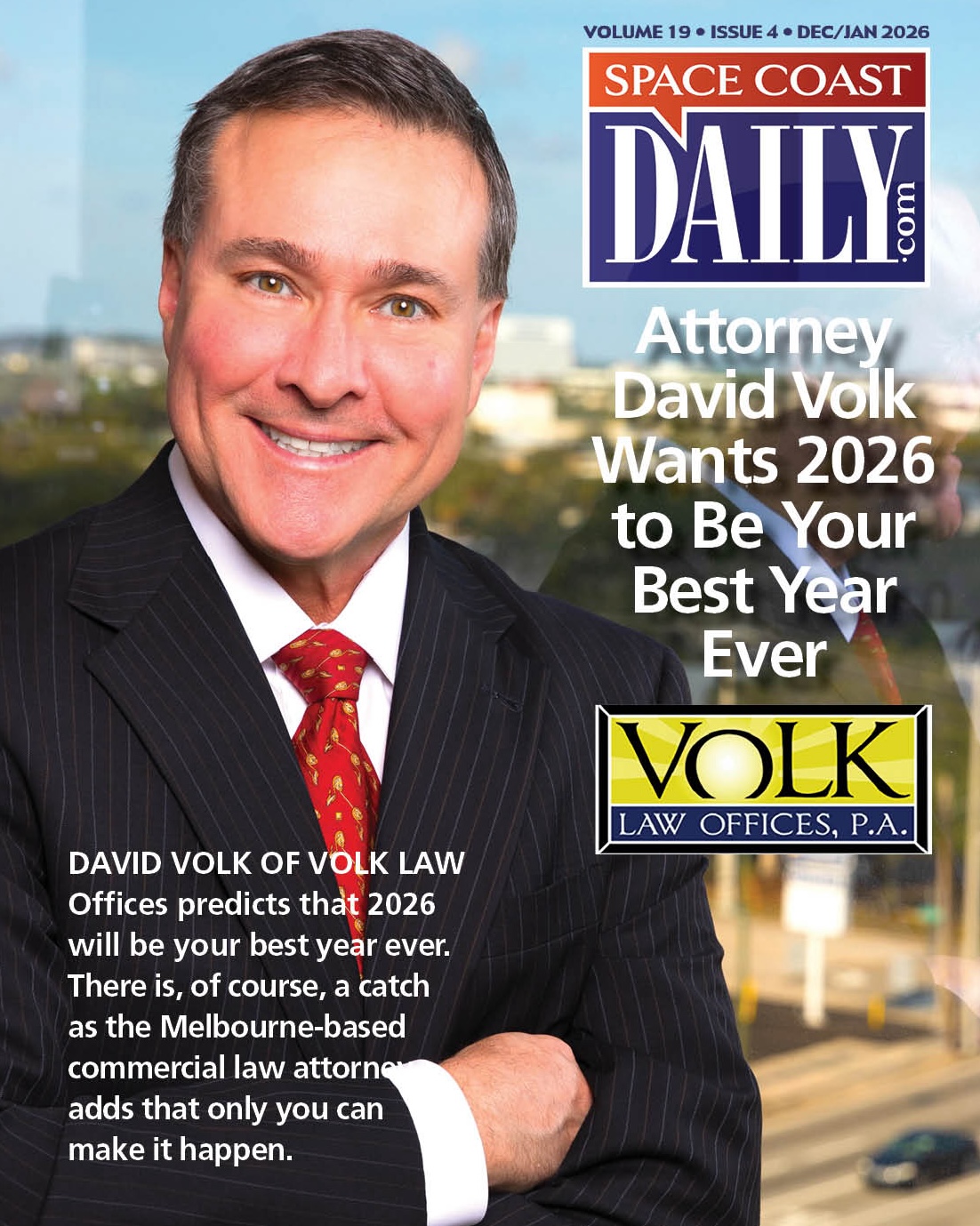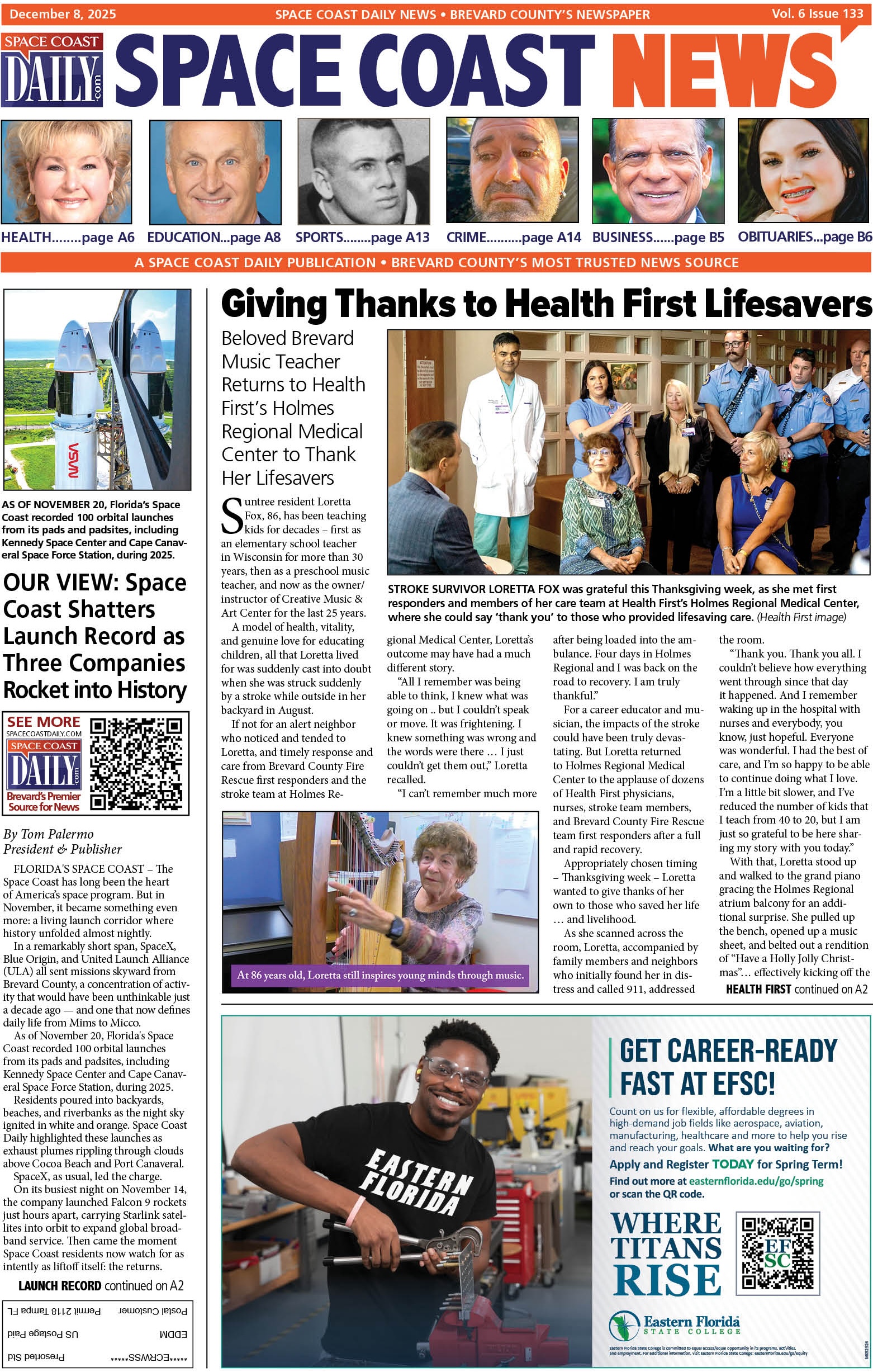Don’t Be Afraid To Look Around For A Doctor You Trust
By Peter Weiss, MD // February 16, 2015
HEALTHCARE IS COMPLEX, QUESTIONS ABOUND
ORLANDO, FLORIDA — We live in a complex world; nothing seems simple anymore.
We’re bombarded with information 24/7. Some of it is just hype, but other messages are real and possibly important. Yet often the facts and figures from different sources contradict one another.
Even when the facts agree, interpretations of their meaning may vary.
Reading the morning newspapers can leave me wondering, Is the economy really growing as fast as the government reports? Have we reached a tipping point in climate change? Is the “Common Core” good or bad for the educational system? Who really knows? Who decides this stuff? Do I have a role or am I just “along for the ride?” How do I know what to think? How do I decide what to do? Who can I trust?

Healthcare can also be complex and confusing. Recommendations change over time.
This week’s news about possibly ending the many years-long practice of advising people to eat less cholesterol containing foods is one example.
Prostate specific antigen testing (PSA), mammography intervals, and blood sugar and blood pressure control levels are other major health topics where opinions of what represents best practice have been evolving lately.
None of that bothers me too much. In medicine, as elsewhere, our knowledge is imperfect. If we can admit that and hold our current opinions loosely, then we’ll be prepared to refine our recommendations as we make further progress.
Many other controversies in health and wellness are not linked to a legitimate incomplete understanding of the facts. Vaccines and autism is an example. The popularity of gluten free diets for individuals that do not have gluten-sensitive enteropathy (also called celiac sprue) is another.
Typically individuals or interest groups who are far from the medical mainstream are promoting heterodox beliefs and recommendations regarding issues in this category. (To be clear, being different or out of the mainstream doesn’t make anyone wrong of itself.) These issues tend to be debated in the popular press more than in the scientific press.

Regardless of the origin of the controversy, we are all left with questions, Should my children be vaccinated? Should I get the PSA test? How often should I have a mammogram?
Considering questions such as these, we can then be facing the same questions that I had when reading the newspaper: Who really knows? Who decides this stuff? Do I have a role or am I just along for the ride? How do I know what to think? How do I decide what to do? Who can I trust?
The big difference is that, in regard to our personal and familial healthcare, we know that we must decide for ourselves. We are not just “along for the ride.”
One option is to trust no one, to figure everything out for yourself. Sounds possible, maybe even good to some. Self-reliance! Personally, I don’t think that’s too practical. Although I’m in a better position to do that for my own healthcare needs than 99 percent of people, I don’t always trust myself to be the best judge of the facts.
I certainly would not be able to see them apart from my own emotions, and the time commitment would be extensive. But eliminating that strategy means I’ve got to trust someone.
Of course, only God is 100 percent trustworthy. Humans and human institutions can and will let us down, but some are more trustworthy than others.
In general, I choose to trust institutions less than individuals, and for profit or intensely political institutions less than non-profit and more independent ones. I have little trust in the federal government as a whole, the Department of Health and Human Services (HHS), or the Centers for Medicare & Medicaid Services (CMS).
Yet, I have a great deal of trust for the Centers for Disease Control and Prevention (CDC) and the Advisory Committee on Immunization Practices (ACIP). Still, I don’t know any of the humans who lead those intuitions and they don’t know me. I’m not a big proponent of “trusting the system” unless I know the system.

On the other hand, my doctor does know me. He knows I’m skeptical of the “medical-industrial complex” and “big healthcare.” He knows I’m conservative, preferring to err on the side of caution. He knows my medical history, what problems I’ve had, and what’s worked and not worked in the past.
And I also know him, very well. I’ve found him to be intelligent, studious, learned, conscientious and compassionate with good clinical judgment. Very importantly, I believe he places the welfare of his patients first, before his own personal profit.
Based on all that, I choose to trust him for advice as I make my personal health and healthcare decisions. It’s good to have him in my corner.
Not every doctor is like that, but they’re out there. Don’t be afraid to look around, and when you find one, hang on to him or her. Establish a trusting relationship, and let him or her be your guide. You’ll be glad you did.
ABOUT THE AUTHOR

Dr. Peter Weiss is a physician, healthcare executive, author, speaker and health coach with a passion for helping others to health and wellness. His book on personal health, More Health, Less Care, has drawn excellent reviews, and his newest book, The Love Fight, was released in November 2014. Formerly CEO of Health First Health Plans, Dr. Weiss currently serves as Senior Vice President at Florida Hospital in Orlando, part of the Adventist Health System. You can find him on the web at www.healthdiscipleship.com














